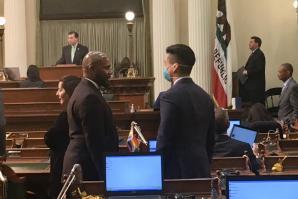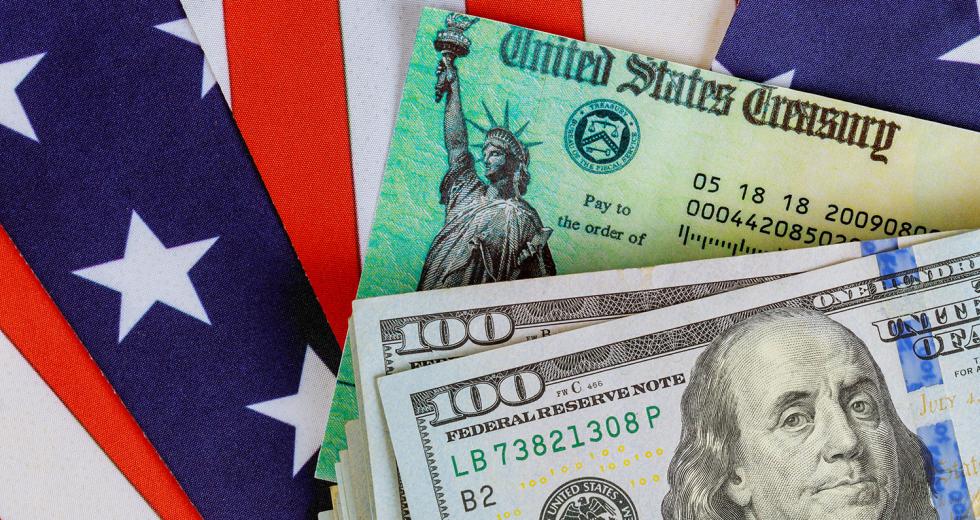The Coronavirus Aid, Relief, and Economic Security Act, which passed the House of Representatives on March 27 and was signed into law by President Donald Trump, will provide significant relief for small businesses affected by the coronavirus outbreak.
This is the largest stimulus package in United States history. Relief in the $2 trillion stimulus package includes about $350 billion for Small Business Administration loan guarantees and subsidies and additional funding for SBA resources. The SBA will create legislation and policy to implement this process, which could take up to four weeks.
Click here for more coronavirus coverage
The bill stipulates that funds from SBA loans can be used for payroll support (including paid sick, medical or family leave and costs related to the continuation of group health care benefits during those periods of leave), employee salaries, mortgage payments, rent (including rent under a lease agreement), utilities, and debt obligations incurred before the covered period. Borrower eligibility requirements include whether a business was in operation on Feb. 15, 2020, and had employees for whom the borrower paid salaries and payroll taxes.
There are expected to be advantages to loans made under the CARES Act, including longer repayment terms. There is also debt forgiveness if certain conditions are met, requiring lenders to provide complete payment deferment relief for affected borrowers with loans guaranteed under SBA section 7(a) for a specified period of time.The SBA will provide guidance to lenders on the deferment process. There is more to come. Here are some of its highlights:
- Your business must have substantial economic injury/financial losses due to COVID-19.
- Loans are available March 1 through June 30.
- The SBA 7(a) maximum loan size increases to $10 million.
- The balance of the loan is guaranteed by the federal government.
- Eligibility includes small businesses and most private nonprofits (there are exclusions for those already receiving assistance) that employ fewer than 500 employees.
This legislation will assist small businesses and help ensure our region’s economy will endure with strength and resilience.
James Beckwith is president and CEO of Five Star Bank, a preferred SBA lender and community business bank. Five Star will participate in the CARES program.
–
Stay up to date on the effects of the coronavirus on people and business in the Capital Region: Subscribe to the Comstock’s newsletter today.
Recommended For You

Legislature Passes $1.1 Billion in Emergency Coronavirus Funding — Then Leaves the Capitol
In an urgent attempt to prepare California for a surge of critically ill coronavirus patients, state lawmakers Monday allocated up to $1 billion for an unprecedented ramp-up of hospital capacity, and then, in an extraordinary move, went home for a month — or perhaps longer — effectively shutting down business at the state Capitol as Americans face growing calls to isolate themselves.

Banks Agree to Coronavirus Mortgage Relief in California amid Push for Eviction Ban
With 1 million Californians filing for unemployment over the last two weeks, several major banks have agreed to delay foreclosures and offer mortgage relief to homeowners impacted by the coronavirus, Gov. Gavin Newsom announced Wednesday.



